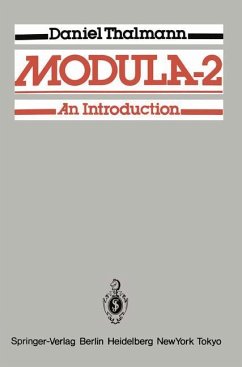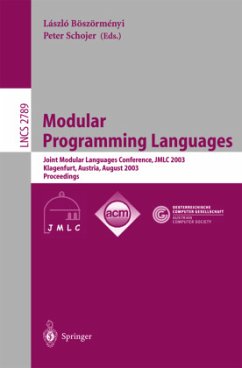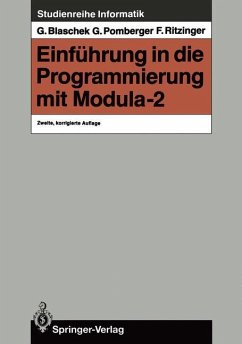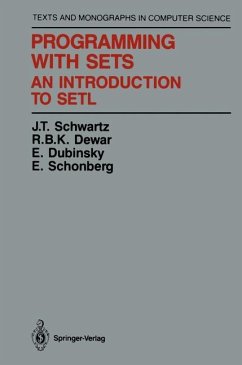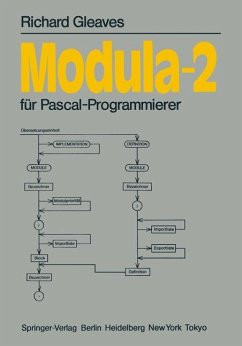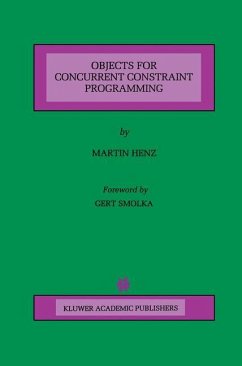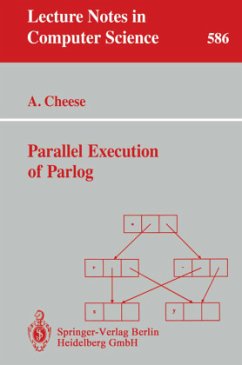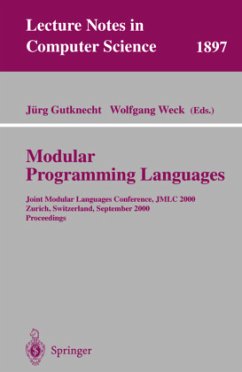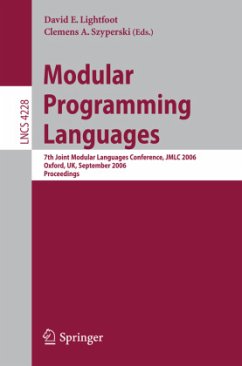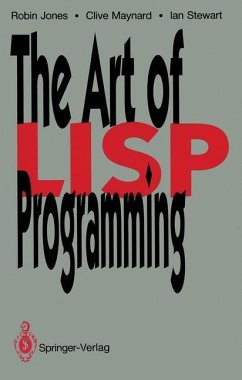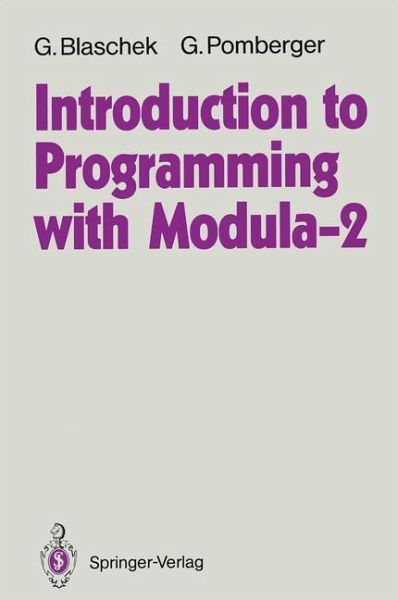
Introduction to Programming with Modula-2

PAYBACK Punkte
20 °P sammeln!
This book is intended for the novice as well as for the experienced programmer who wants to learn Modula-2. We do not limit ourselves to just a description of Modula-2. Instead, we seek to familiarize the reader with the concept of algorithms and to show him/her how to implement algorithms in Modula-2. The programming language Modula-2 was developed by Niklaus Wirth (also the father of world-famous Pascal) and made public in 1978. Compared to other programming languages such as Ada, COBOL or PL/!, Modula-2 is a compact language, which makes it easy to learn. Nevertheless, Modula-2 contains all...
This book is intended for the novice as well as for the experienced programmer who wants to learn Modula-2. We do not limit ourselves to just a description of Modula-2. Instead, we seek to familiarize the reader with the concept of algorithms and to show him/her how to implement algorithms in Modula-2. The programming language Modula-2 was developed by Niklaus Wirth (also the father of world-famous Pascal) and made public in 1978. Compared to other programming languages such as Ada, COBOL or PL/!, Modula-2 is a compact language, which makes it easy to learn. Nevertheless, Modula-2 contains all important language elements necessary for formulating complicated algorithms and for implementing the modern concepts of software engineering. Modula-2 is distinguished by a systematic structure that makes it possible to write easily readable programs. The language supports many of the principles of modern software engineering. All this makes Modula-2 a useful instrument for an introductionto the basics of programming. This textbook strives to establish a solid foundation in the techniques of programming with up-to-date methods of program development. Use of the programming language Modula-2 is reinforced with numerous hands-on exercises. This book does not presuppose any knowledge of programming, but it does require a certain ability in the realm of abstract thinking, some pleasure in problem solving, and a desire to come to terms with complex interrelationships.





